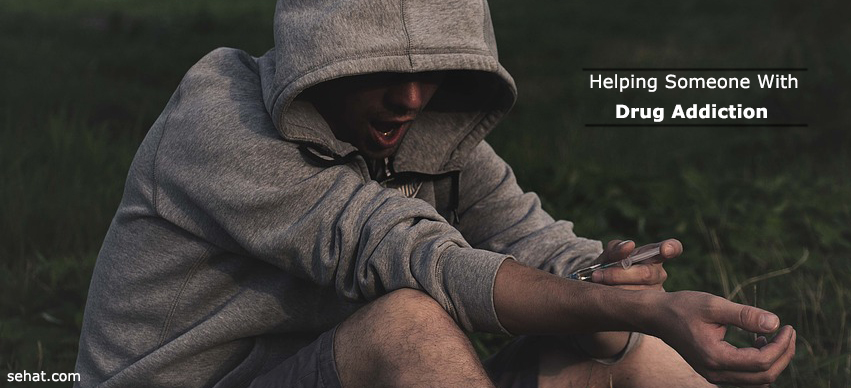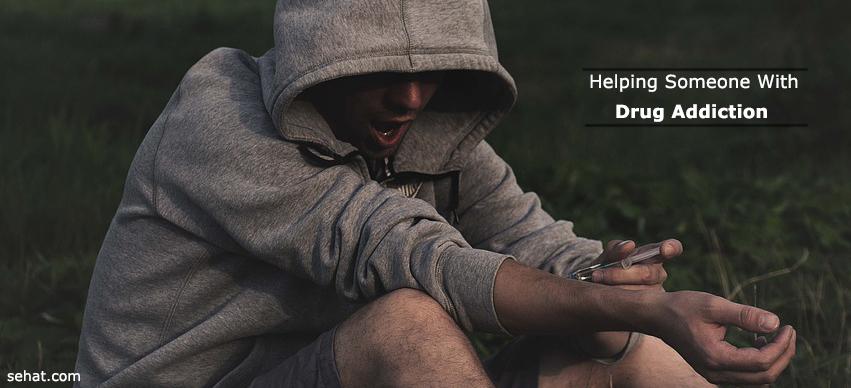How Communities Are Changing the Way We Think About Aging in..
8 Min Read


Seeing someone you know or love struggle with an addiction to either a legal or illegal drug is usually a long journey that requires plenty of patience and can cause a lot of heartbreak. It’s not unusual for this process to be overwhelming and for people to think ignoring the issue is easier than dealing with it. Pushing the issue to the side can actually damage you more than you know and can also affect the people closest to you. As hard as it can be, it is important to try and put in the time to help encourage the person suffering from the addiction to get the help they need and deserve. Here are some ways you can help someone get themselves on the route to recovery.
Understanding the drug and the reasons this person has decided to turn to it is the first step to recovery, including meth detox. If this person is surrounded by people who use but don't abuse drugs, you need to find out why this person has decided to indulge and let it take over their life. You need to communicate to try and pinpoint the moment where the use of this drug went from casual to problematic, so you can take the right steps and get the right kind of help to fix it. Educating yourself about addiction will help you be more understanding about this complex issue.
Offering your support sounds simple, but many addicts don’t truly understand how much their friends and family actually love them. Don’t wait until this person has hit rock bottom to voice your concern. Talking to them when you start to suspect something and letting them know that you will help them can do them the world of good.
Addiction is a disease and the earlier it is treated, the better it is for them. You will most likely have to deal with excuses and denial before they seek treatment, but you should be persistent. Just don’t make them feel ashamed or guilty. There are a number of recovery services out there who can help, one of them being a sober companion. This service offers intense, discreet, one-on-one professional support, which is extremely useful for people who live alone, who are returning to an environment that doesn’t support their recovery, have travel requirements and/or need to leave inpatient treatment for a business or family matter.
It may sound selfish, but you are just as important and your presence when it comes to making the right decisions may be invaluable to the addict you are supporting. Make sure you are meeting your own needs by sleeping enough, exercising regularly, and eating healthily. It is okay if you feel like you need your own kind of support, so don’t shy away from therapy if you yourself are suffering either physically or mentally through the support of the person suffering from addiction.
Spotting the early signs of addiction is important for a fast and successful recovery. Do your research and keep vigilant if you suspect that someone you know or love may be turning to drugs. Always offer your support, be positive, and don’t be afraid to speak up and find help and get advice from a medical professional.